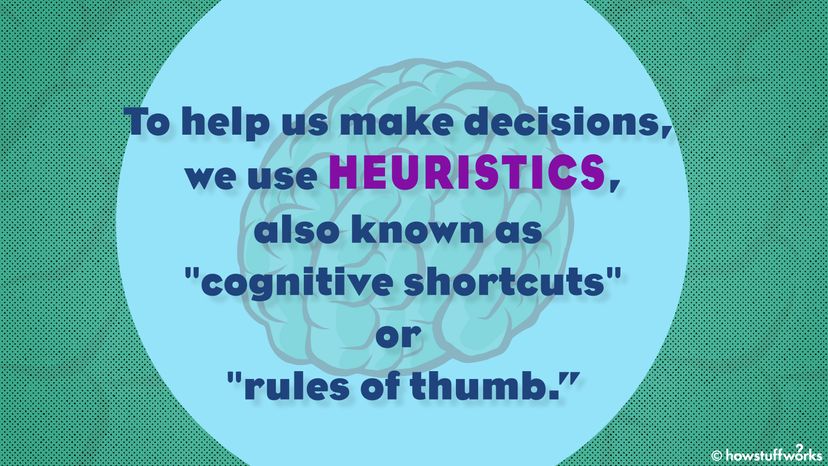Also known as correspondence bias or over-attribution effect, the fundamental attribution error describes the tendency to attribute a person's behavior to their personality or character rather than the situation they're in.
"I believe the fundamental attribution error is one of the most interesting heuristics, because it reveals the disparity in how humans think of themselves versus other people," Kate Gapinski, Ph.D., clinical psychologist and adjunct professor at the University of San Francisco, says via email. "We tend to attribute the behavior of others as being driven by internal, stable characteristics such as character and personality, while we often attribute our own behavior as stemming from external circumstances."
According to Gapinski, a clear current example of the fundamental attribution error in action has to do with media reports of violence against people who refuse to wear face masks during the pandemic.
"These attacks, presumably committed by people who believe masks are essential for public safety, may be driven by an interpretation that those not wearing them are fundamentally selfish, inconsiderate and reckless toward others and thus deserve to be punished," Gapinski says. "Ironically, it's quite likely that the aggressors of these events have themselves forgotten or chosen not to wear a mask at some point. However, the fundamental attribution error predicts that we will tend to blame the situation rather than personal traits like character for our own mistakes (e.g., 'I was running late after a poor night's sleep, so no wonder I forgot')."


